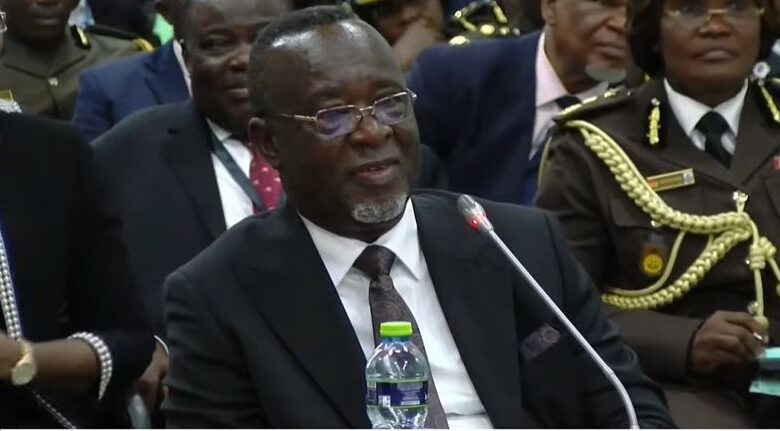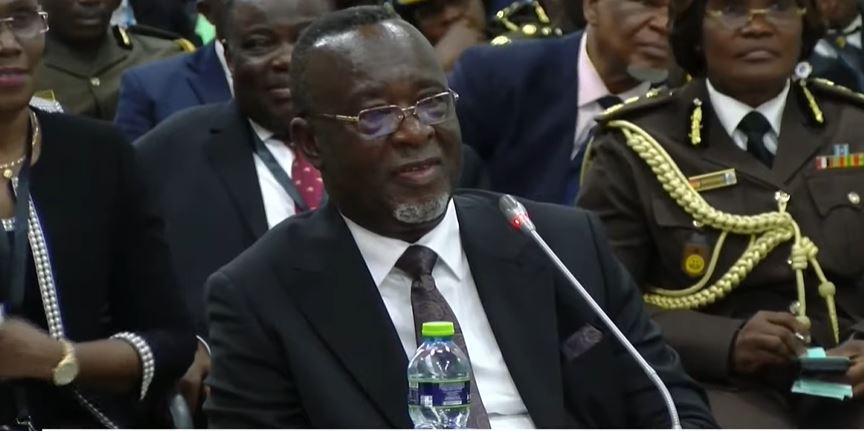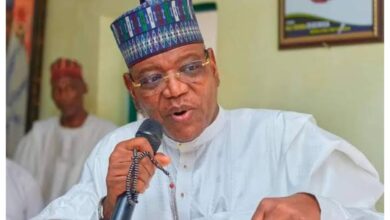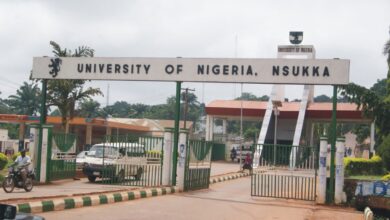CJ nominee Baffoe-Bonnie proposes November 7 for general elections


Chief Justice Nominee Justice Paul Baffoe-Bonnie has proposed that Ghana’s general elections be permanently moved to November 7 from the traditional December 7.
The reform, he argued, is critical to ensuring electoral disputes are resolved before a new administration is sworn into office, thereby safeguarding the integrity of Ghana’s democracy.
Justice Baffoe-Bonnie made the compelling recommendation during his vetting before Parliament’s Appointments Committee on Monday, November 10, 2025.
His testimony focused heavily on systemic changes needed to empower the judiciary to handle high-stakes electoral petitions efficiently and transparently.
Ghana’s current electoral timetable provides a narrow, often insufficient, 31-day window between Election Day (December 7) and Inauguration Day (January 7).
This tight schedule has historically created a massive challenge, making it practically impossible for the judiciary to hear, adjudicate, and conclude electoral petitions before the swearing-in of a new President.
The nominee asserted that such a short timeframe undermines public confidence in the judicial process and can leave legitimate grievances unresolved.
“After the election petition, we came to the conclusion that it should be possible to have petitions concluded before January 7, which is the inauguration day. The best suggestion that came up was to hold elections on November 7 or 8,” he explained.
Moving the national polls by one month would dramatically increase the window for judicial action:
- Proposed Timeline: Holding elections in early November (e.g., Nov 7 or 8) would allow results to be declared by November 10.
- Judicial Window: This change would grant the country approximately 57 days—from mid-November to early January—to address potential legal challenges.
- Legal Compliance: This expanded timeline would comfortably accommodate the 42-day window provided by Constitutional Instrument (CI) 99 for the filing, response, and trial of electoral petitions.
“Assuming we go by the 42-day window provided by CI 99, petitions can be filed, responded to, and tried within that period,” he added.
Beyond changing the calendar, Justice Baffoe-Bonnie advocated for leveraging technology to accelerate the judicial process itself. He proposed adopting electronic service of court documents to drastically cut down on procedural delays caused by manual processes.
The Nominee argued that relying on outdated manual service—where every originating process must be served personally on the respondent—can waste valuable time, often consuming a week or more.
- Proposed Digital Solution: Utilising digital addresses or phone numbers for online contact would modernise service delivery.
- Time Saving: Justice Baffoe-Bonnie estimated that if petitions were served electronically, the process could be expedited from a week down to a mere three days.
“Every originating process has to be served personally on the respondent. But in this age, we can use digital addresses or phone numbers for online contact. If petitions are served electronically, it can take three days instead of a week,” he said.
He emphasised that with these two adjustments—the earlier election date and the electronic service—all preliminary processes could be completed by November 30, allowing trials to conclude within two weeks and ensuring both fairness and efficiency in electoral dispute resolution.
DISCLAIMER: The Views, Comments, Opinions, Contributions and Statements made by Readers and Contributors on this platform do not necessarily represent the views or policy of Multimedia Group Limited.
DISCLAIMER: The Views, Comments, Opinions, Contributions and Statements made by Readers and Contributors on this platform do not necessarily represent the views or policy of Multimedia Group Limited.
Source link





